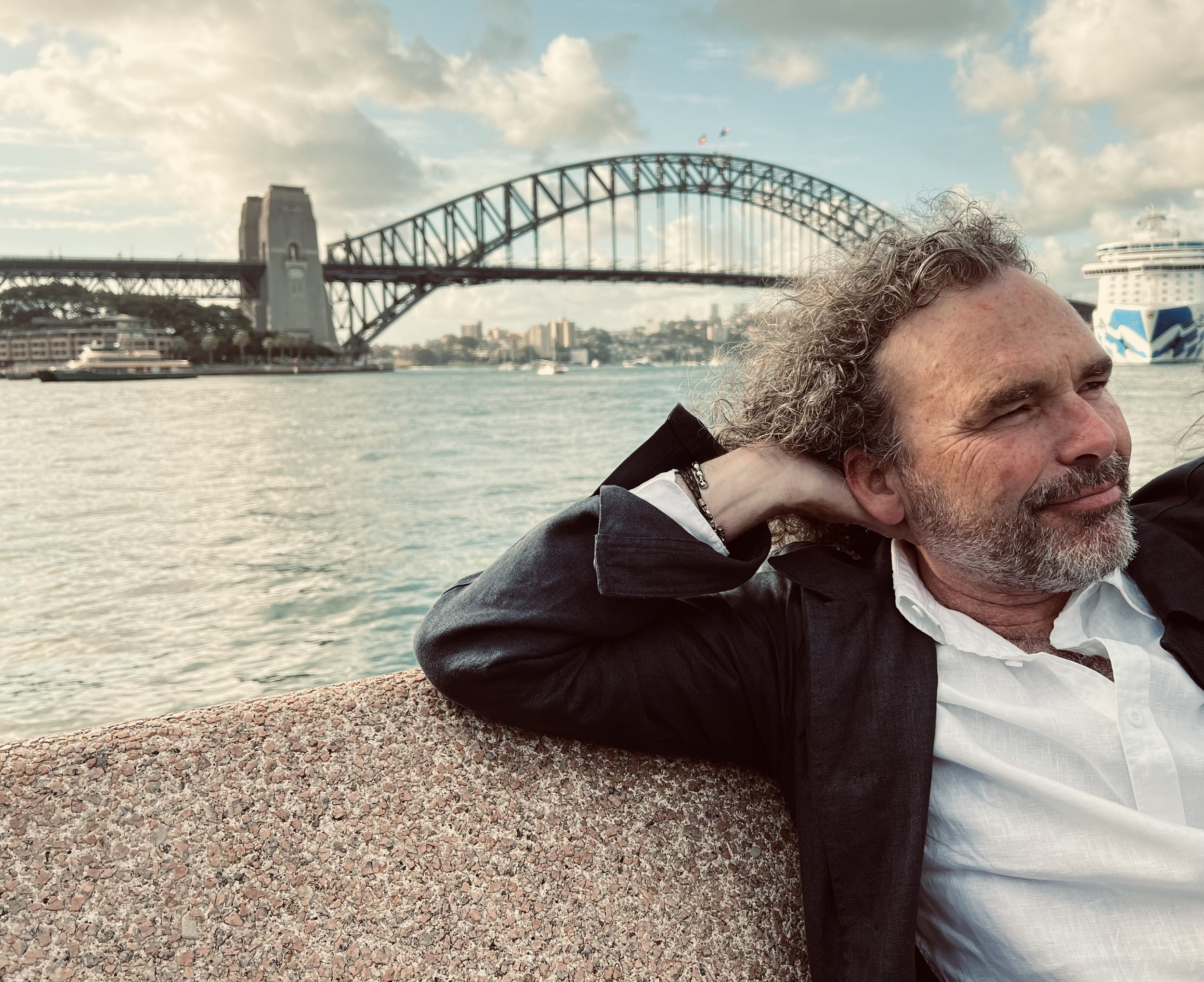

The Norseman sails again
The Norseman’s Song is a novel I dreamed about, then wrote in a fever.








The Norseman’s Song is a novel I dreamed about, then wrote in a fever.





